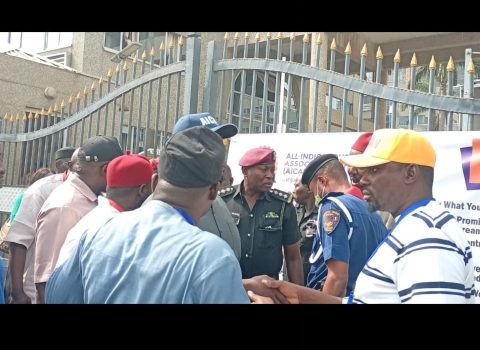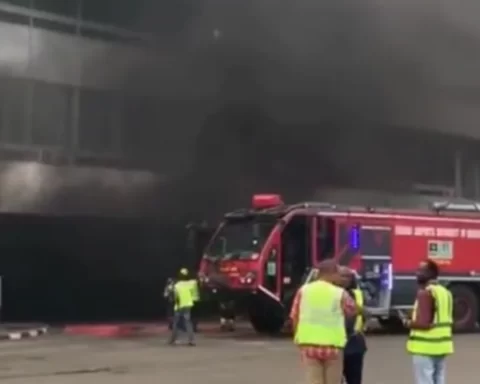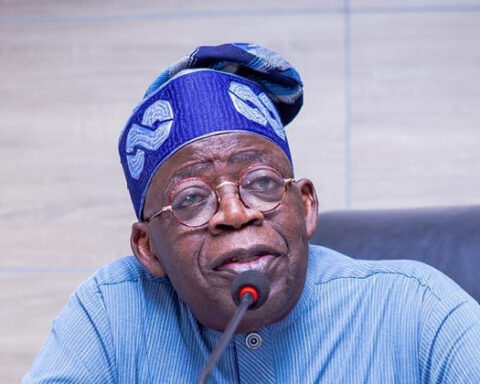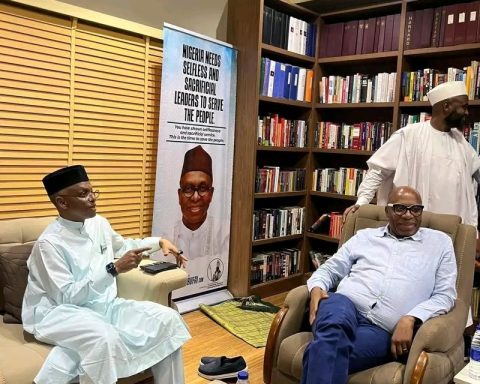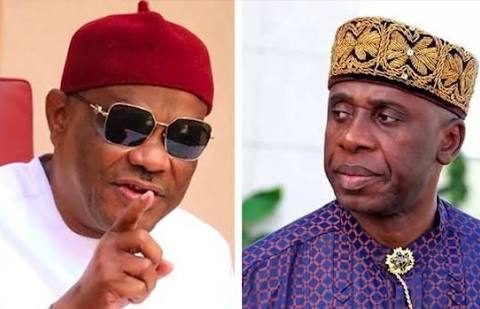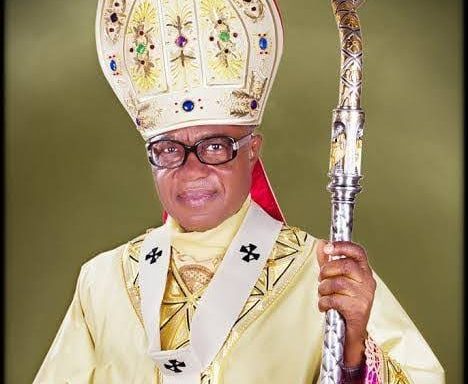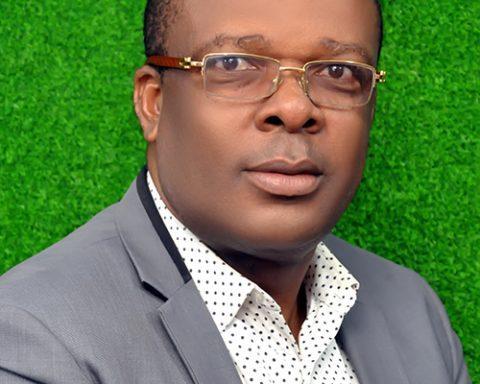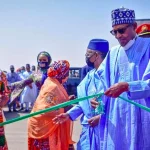The recent protest by blind Nigerians at the Murtala Muhammed International Airport is more than an isolated outcry. It is a stark reminder of a nation’s long-standing neglect of its most vulnerable citizens. Their demands for justice, fair treatment, and access to promised welfare benefits signal a deeper failure, one rooted in poor policy execution and the erosion of dignity.
On Monday morning, a protest by visually impaired Nigerians brought road access to Murtala Muhammed Airport’s Terminal 2 to a standstill. Stranded travellers were forced to abandon their vehicles and hire motorbike operators, some charging between ₦1,500 and ₦2,000 for trips of just a few hundred metres, despite Lagos State’s ban on commercial motorcycles on major roads.
Join our WhatsApp ChannelBy mid-afternoon, police and military personnel responded by securing the Terminal 2 exit gate and rerouting traffic to an alternative access point. Eyewitnesses said the protesters, gathered near the local wing, were voicing distress over Nigeria’s deteriorating economy and what they described as neglect for the welfare of persons with disability. It remains unclear whether a recognised association orchestrated the demonstration or arose spontaneously from frustrated individuals.
The protest was not without cause. For nearly two years, the Nigeria Farm Craft Centre for the Blind in Lagos has been closed without a single official explanation. The protesters also mentioned that the school for the blind children at Mile 12 has also been shut for years now.
Ibrahim Odinuyishi recalled how, under the Buhari administration, students were suddenly ordered to pay ₦120,000 into the federal government’s account, a sum now trapped in bureaucratic limbo. Feeding allowances, once enough for three meals a day, were first cut to one before the gates were shut altogether.
Adisa Lawan added that the Centre had once been free before the payment policy, a policy that ended with months of fees collected, then the doors slammed shut, leaving the blind both empty-handed and abandoned.
“We have written letters for almost a year now, yet nothing has been done. Even graduates of the school have no money or support to start what they have learned. We are asking the President whether we are not part of the Renewed Hope Agenda,” Odinuyishi said.
They said they had spoken with representatives of the Minister of Humanitarian Affairs and the MD of the Federal Airports Authority of Nigeria (FAAN), both of whom pledged to intervene, and until they have that date, the airport road will not be open.
The protesters said persons with disabilities had been neglected for too long. They demanded that the government reopen the special schools and provide adequate welfare for every person with a disability in the country. “We do not want any closed-door meeting. They should give us a clear date when the school will reopen.” “If not, we will shut down the whole country,” one protest leader warned.
Police and soldiers quickly ignored them and tried in vain to redirect traffic, a stark reminder of how easily their needs are dismissed. One of the leaders was overheard speaking to a government official on the telephone, a call that was later known to be from a “DSS official”, according to them. But the call only infuriated them more, as the caller allegedly claimed the school was never shut down. ” This is what we do not want to hear. They have given you the wrong information again. In fact, we will stay here for days if you continue to say this,” one of the protesters overhearing the conversation yelled into the telephone conversation.
For those already living without sight, the school’s closure is not just an inconvenience but a lifeline severed. Whether the protest was organised or driven by sheer frustration, it asks a grim question: if most Nigerians struggle to survive, how are they coping?
Broader challenges for Persons with Disabilities
In a country where even the able-bodied are squeezed by surging inflation, fuel spikes, and unaffordable transport, the daily struggle of Nigerians since 2023 has been relentless. Food prices have soared by over 150 per cent, and nearly two-thirds of the population, including many disabled citizens, are trapped in multidimensional poverty.
So when blind and visually impaired Nigerians block one of the busiest airport corridors in Lagos, it is not just a protest; it is a breaking point. It begs the question: what about other physically challenged groups? Wheelchair users struggle with inaccessible public infrastructure. Amputees, the deaf, and those with cognitive impairments face daily discrimination and neglect.
There are approximately 35.1 million persons with disabilities in Nigeria today, based on World Health Organisation figures cited by the National Commission for Persons with Disabilities. That is about 15 to 16 per cent of the population, though experts warn true numbers may be even higher. Yet only a tiny fraction, just 4,500, are ever officially registered with the commission, meaning most lack legal recognition and access to their rights.
The Act should have been transformative. It prohibits discrimination, mandates free inclusive education, reserves 5 per cent of public sector jobs for persons with disabilities, requires public buildings and services to be accessible within five years, guarantees free medical treatment, and ensures legal recourse for violations. Yet enforcement is weak, and the lived reality is far from the promise. Ramps are absent, implementers are silent, and benefits remain out of reach.
This protest may be a harbinger, a warning that frustrations among Nigeria’s disabled are approaching a tipping point. If other disability groups, those even less visible and even more ignored, begin to mobilise, the demands will shift from pleas for inclusion to calls for accountability.
Moral and Policy Imperatives
Ignoring the plight of persons with disabilities is no longer acceptable in a nation committed to justice and equality. The scale of exclusion demands urgent and substantive policy responses, not mere symbolic gestures. Authorities must enforce existing disability rights laws and ensure that accessibility provisions are not only on paper but visibly embedded in public infrastructure.
Economic empowerment programmes must be strengthened and tailored to create genuine opportunities for persons with disabilities, enabling them to contribute fully to society.
Equally important is the establishment of formal grievance mechanisms where persons with disabilities can safely and effectively engage with government institutions to hold them accountable and influence policies that affect their lives.
When those who live in darkness choose to step into the street, they illuminate a path we can no longer ignore. Their courage and determination challenge us all to build a society where everyone walks freely in the light of dignity, inclusion, and opportunity.
Dr Mbamalu, a Jefferson Journalism Fellow, member of the Nigerian Guild of Editors, and Media Consultant, is the publisher of Prime Business Africa
Dr. Marcel Mbamalu is a distinguished communication scholar, journalist, and entrepreneur with three decades of experience in the media industry. He holds a Ph.D. in Mass Communication from the University of Nigeria, Nsukka, and serves as the publisher of Prime Business Africa, a renowned multimedia news platform catering to Nigeria and Africa's socio-economic needs.
Dr. Mbamalu's journalism career spans over two decades, during which he honed his skills at The Guardian Newspaper, rising to the position of senior editor. Notably, between 2018 and 2023, he collaborated with the World Health Organization (WHO) in Northeast Nigeria, training senior journalists on conflict reporting and health journalism.
Dr. Mbamalu's expertise has earned him international recognition. He was the sole African representative at the 2023 Jefferson Fellowship program, participating in a study tour of the United States and Asia (Japan and Hong Kong) on inclusion, income gaps, and migration issues.
In 2020, he was part of a global media team that covered the United States presidential election.
Dr. Mbamalu has attended prestigious media trainings, including the Bloomberg Financial Journalism Training and the Reuters/AfDB Training on "Effective Coverage of Infrastructural Development in Africa."
As a columnist for The Punch Newspaper, with insightful articles published in other prominent Nigerian dailies, including ThisDay, Leadership, The Sun, and The Guardian, Dr. Mbamalu regularly provides in-depth analysis on socio-political and economic issues.



